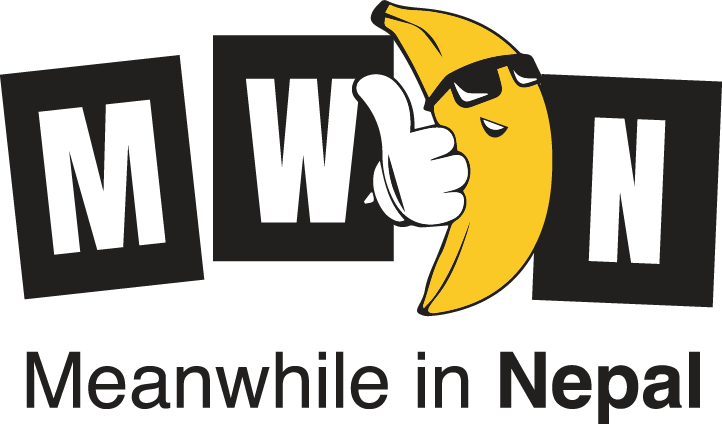Share the post "German Company Invents Centuries-Old Nepali Tapari Calling It Eco Friendly Plates; Sells For Over Rs 800 a Piece"
In Nepal, it’s not just about what you eat but how you eat as well. For instance, a gulp of the world-famous flavour Samaya Baji, is never quite satisfying in a plastic or steel bowl as it is in the traditional Tapari.
Called by a variety of names like Tapari, Duna etc. the practice of eating in a plate or bowl made out of leaves is a very common practice in Nepal. According to Acharya Charaka, who was a principal contributor in Ayurveda, the practice of eating on a leaf plate with hands encourages sparsh (touch), which is responsible for awakening all the sensory organs in the mind, making the food consumption experience truly wholesome.
From community feasts, weddings, funerals to roadside snack shops, these crinkled dried-leaf plates and bowls are everywhere, every day and are intrinsically a part of Nepali culture.
So, it was quite a shocker when a German company, Leaf Republic, launched its ‘innovative’ collection of tableware made out of leaves back in 2016, and the West pretended this was new and amazing. Presented with admirable sophistication, Leaf Republic offered a range of leaf tableware which included bowls, plates and trays.
These were made up of four layers — two layers of leaves stitched together with palm fibres, a waterproof leaf-based paper layer in the middle and a bioplastic lid on top. With their completely automated production process, they claimed they were completely organic, free from any trace of plastic, oil, glue or chemicals.
While it was always a perfect example of old wine in a new bottle, things got kicked up another notch when Mashable shared a video in 2019, claiming this was an ‘innovation’ by the Germans. This sent us down a rabbit-hole of traditional and indigenous products that the West borrowed, without credit, and rebranded as ‘innovative’ and path-breaking.
Editor’s Note: Despite its impressive design and robust marketing, Leaf Republic was shut down in 2018, after an unfortunate incident where all their raw materials from South Asia was contaminated en-route, as confirmed by its founder.

